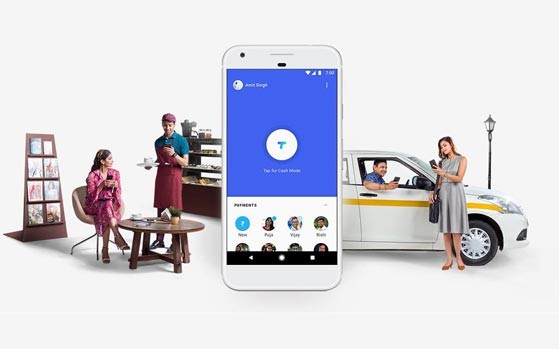Whenever it is asked how technology is going to change education, the first thing that comes to majority of people’s mind are mobile devices such as iPads, notebooks and etc. The reason people think of these devices is that they believe in the near future tablets and computer devices will replace books. Perhaps they are not wrong, as most of the educational institutions in Pakistan have introduced mobile devices in their campuses with the same aim. However, future of technology in education is not just about introducing students to latest tablets and computers or using them as replacement for books and note books. Don’t’ take me wrong. I am certainly not against tablets or other mobile devices. In fact, I am one of the tech geeks who love to get their hands on a new device as soon as it hits the market.

In spite of it I believe that mobile devices are not the future because it is the nature of technology that it changes very rapidly. Thus, it will be a challenge for institutions and stakeholders to make the new devices available to teachers and students every so often. More importantly, tablets and other mobile devices are just tools which are used by students and teachers to gain education, which has a limited scope. Future of technology, on the other hand, means unlimited possibilities or achieving something that was not achievable before. For instance giving access to anyone, anywhere for both learning and collaboration. It means that future educational institutions will not only have usual cohorts of pupils, but they will also have online students, who are accessing the class by sitting in another country.
Actually, things have already started moving in this direction, as massive open online courses (MOOCs) are swiftly gaining popularity all over the world. These massive open online courses have really made the world a global village, as they allowed anyone from anywhere in the world to gain high quality knowledge without breaking any geographic barriers. The emergence of MOOCs has increased the importance of smartphones, tablets and computers as well as cloud. The cloud is more like SkyDrive that has enabled students and teachers to find their required data, information like course material, lectures and grade work at any time and from anywhere by simply accessing it. Above all, the MOOCs are offering quality education at very low prices, which is more like a rare commodity that is hard to find now a days.

Now that is what I call future of technology that has today completely change the way we use to receive education. It is because of this revolution that now even people in Pakistan can gain international certifications without spending a single penny on visa or passport. Thanks to ninthd (9th D), a Lahore based private concern that has launched international certifications in Pakistan for the very first time. In partnership with UKCET and iCarnegie Global Learning that is a subsidiary of prominent US University Carnegie Mellon.
These fast track training programmes will be delivered in blended model. It means students can take online lectures and access course materials at anytime from anywhere by simply using tools like smartphones, tablets or PCs. Whereas for collaboration with international and local students small satellite campuses or learning hubs will be setup by ninthd in different parts of Pakistan. On top of it, ninthd has offered economically viable skills (EVS) programmes at unbeatable prices, thanks to technology.



